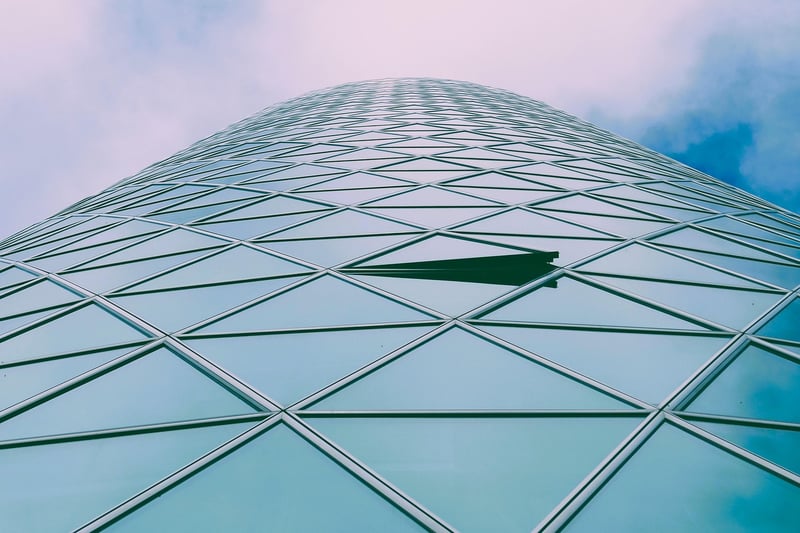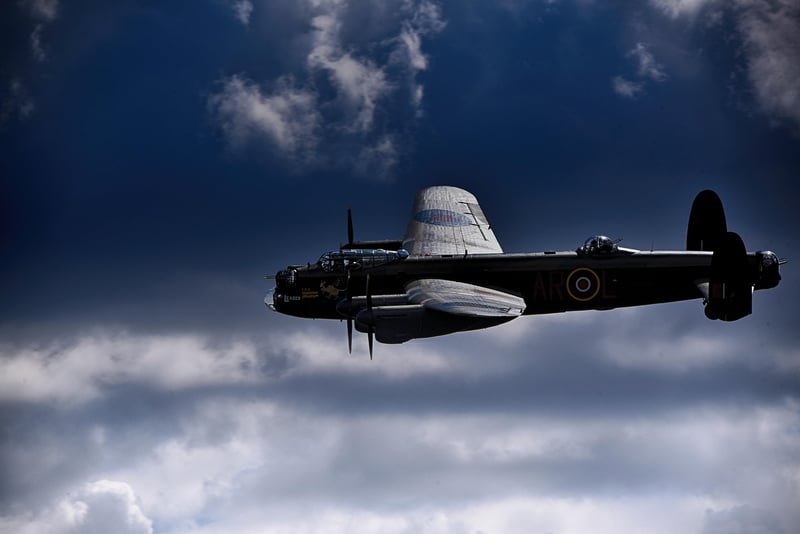World Wars
The Impact of World Wars on Unlocking the Past
World Wars I and II were pivotal moments in history that significantly influenced the way we understand and interpret the past. These global conflicts not only shaped the course of the 20th century but also left a lasting impact on historical research, preservation, and memory. Let's explore how the World Wars played a crucial role in unlocking the past.
1. Preservation of Artifacts
During the World Wars, numerous artifacts, documents, and cultural treasures were at risk of being destroyed or lost forever. Efforts to safeguard these valuable pieces of history led to the establishment of museums, archives, and organizations dedicated to preserving and protecting heritage. Today, these repositories serve as windows to the past, allowing us to learn from and appreciate history.
2. Technological Advancements
The demands of war spurred rapid technological advancements in various fields, including communication, transportation, and weaponry. Many innovations developed during the World Wars have had a lasting impact on how we study and uncover historical events. For example, advancements in photography and filmography have provided invaluable visual records that offer insights into the past.
3. Oral Histories
As survivors of the World Wars aged, there was a growing urgency to record their first-hand accounts and memories before they were lost to time. The collection of oral histories from veterans, civilians, and witnesses of the conflicts has enriched our understanding of the human experience during wartime. These personal narratives provide a poignant and often overlooked perspective on historical events.
4. Archival Research
The aftermath of the World Wars led to a wealth of documentation, from military records and government archives to personal letters and diaries. Historians and researchers have delved into these archives to piece together the stories of individuals, communities, and nations affected by the conflicts. Archival research continues to uncover new insights and untold stories from the World Wars.
5. Commemoration and Education
Memorials, museums, and educational programs dedicated to the World Wars serve as reminders of the sacrifices made and the lessons learned from these tumultuous periods in history. By commemorating the past and educating future generations, we ensure that the legacy of the World Wars endures and that their impact on society, politics, and culture is not forgotten.

In conclusion, the World Wars have played a crucial role in unlocking the past and shaping our understanding of history. Through preservation efforts, technological advancements, oral histories, archival research, and commemoration, we continue to uncover the complexities of the past and honor the legacies of those who lived through these defining moments.
Remembering the past is essential for building a better future.
